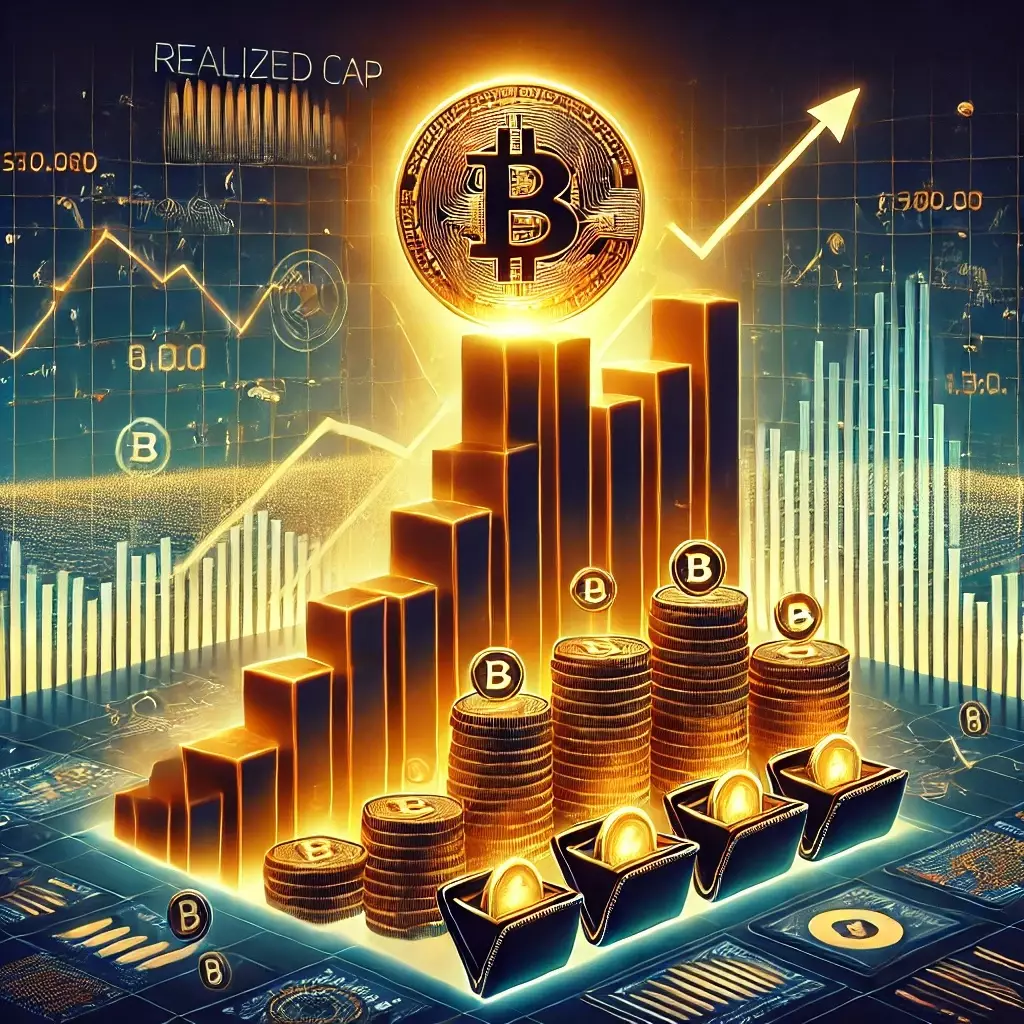The rise and fall of Bitcoin has become a barometer not only for cryptocurrency enthusiasts but also for broader economic health. The underlying woes are tied directly to political maneuvers, particularly concerning tariff policies initiated by former President Donald Trump. In the wake of aggressive tariff strategies, including an astonishing increase to 145% on Chinese goods, investors were thrown into a state of bewilderment. Panic reverberated through financial circles as the price of Bitcoin plummeted below $80,000, leading to substantial losses for many.
It’s important to understand that such heavy-handed economic measures don’t merely affect one sector; they create rippling effects across the entire financial landscape. Bitcoin, despite being a decentralized asset, remains sensitive to the drumbeats of traditional market sentiments. The tariff wars ignited fears of trade collapse and economic recession, prompting many to abandon their speculative investments. The economic upheaval was a stark illustration of how interconnected the world’s markets are and how policy decisions could send shockwaves across global economies.
Illusory Benefits of Tariff Wars
The most baffling aspect of this tariff situation is how it was framed as a necessary defense of American workers and industry. Tariff advocates argued for protectionism as a means to bolster domestic manufacturing by creating artificial barriers to foreign competition. On the contrary, such policies are akin to shooting oneself in the foot—fostering risks that eclipse any perceived benefits. The substantial tariff hikes almost created a self-inflicted economic recession, drawing more criticism and skepticism from fiscal conservatives who traditionally champion free trade.
The pause on tariffs, as outlined in recent government statements, may have lent a temporary sigh of relief to markets. However, one must question the logic behind pursuing tariffs in the first place. Did anyone truly think that escalating costs for consumer goods and foreign relations would lead to a thriving economy? Optimism in any economic scenario should come from fostering a cooperative environment that promotes trade rather than escalating hostilities.
Bitcoin: A Reflection of Economic Sentiment
As the tension began to ease and temporary agreements emerged from the US-China economic discussions, Bitcoin began what could only be characterized as a “phoenix rising from the ashes” moment. The recent announcements of a suspension on tariffs had a surprisingly positive impact on Bitcoin’s price, propelling it above the psychological threshold of $100,000. This reflects how closely cryptocurrency prices can track global economic sentiments and decisions made in government corridors.
What’s truly fascinating is how a mere announcement can create huge waves in asset prices, particularly in risk-sensitive markets. As traders and investors take stock of the situation, there exists a renewed appetite for high-risk assets. The pickup in investment indicates that sentiment is shifting, but one must ponder how long this infatuation will last, especially if tariff discussions resurface with renewed fervor.
A Precarious Balance from Temporary Measures
Though the temporary suspension of tariffs suggests a path toward resolution, there remains a palpable uncertainty that hangs over the financial markets. The proposed 90-day truce isn’t the end of the issues at hand; rather, it’s a stopgap that introduces a ticking clock back into the equation. By mid-May 2025, tangible outcomes will be expected. Investors are riding high on optimism now, but if failure to reach a consensus occurs, it could easily plunge the markets into another downward spiral.
There’s also the undeniable fact that markets inherently thrive on volatility. As such, the sudden surge in Bitcoin prices—and the concurrent return of investors—speaks to a larger game of risk and reward. Every market strategy involves variety: potential gains versus looming threats. For many, Bitcoin presents a high-risk avenue where fortunes can be made, but the underlying reality is that this recent surge is merely a “bullish blip” supported by temporary policy shifts.
As we observe the unfolding drama between the US and China while Bitcoin continues to flounce around different price thresholds, it becomes ever clearer that policymakers must heed the wisdom of engaging in rational and thoughtful deliberation, rather than impulsive actions. The world deserves leaders who prioritize economic cooperation over protectionism—an approach that would not only stabilize markets but also foster innovative growth.
The volatility of the financial markets reflects deeper uncertainties in economic policy, eventually trickling down to individual investors and everyday citizens. The year 2025 should serve as a reminder that while tariffs may come and go, the lessons from their consequences will remain long after their enactment—or, ideally, their repeal. As such, we can only hope future policymakers prioritize sound economic strategies over theatrics that lead nowhere but chaos.


Leave a Reply